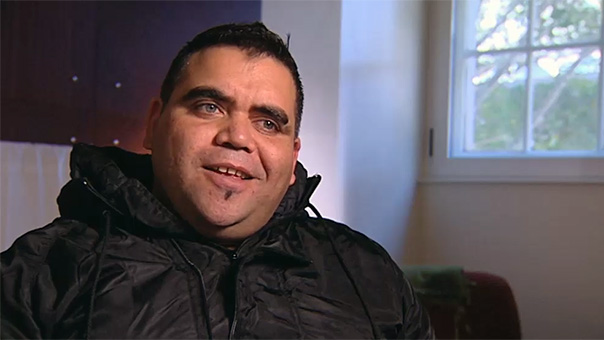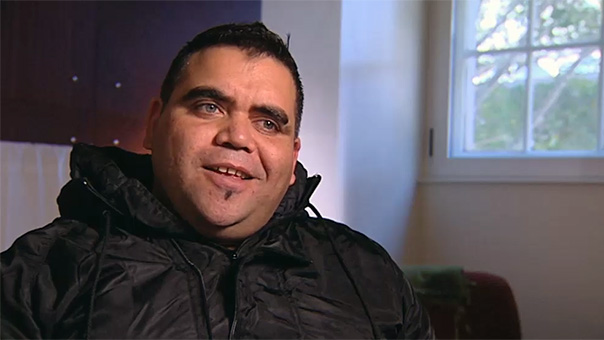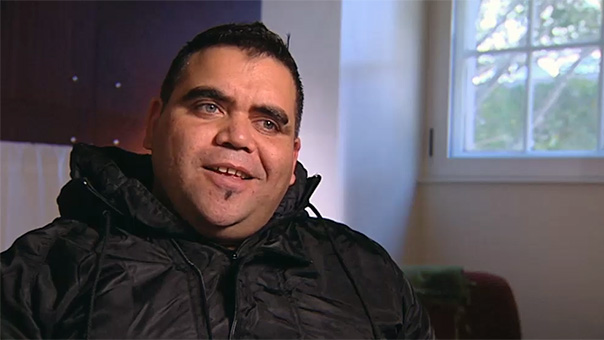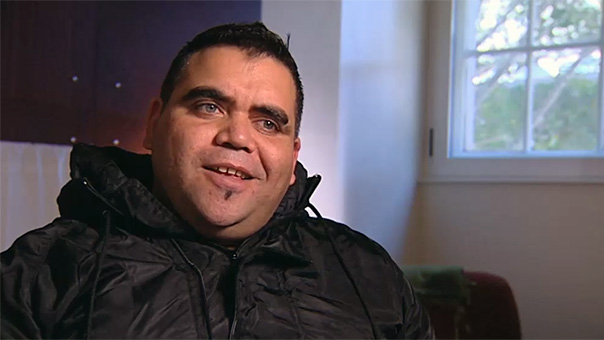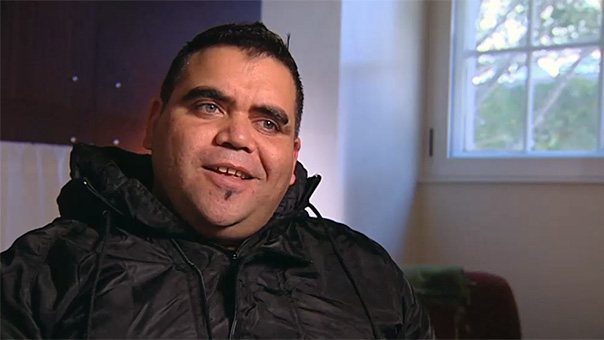6. Poetry reading
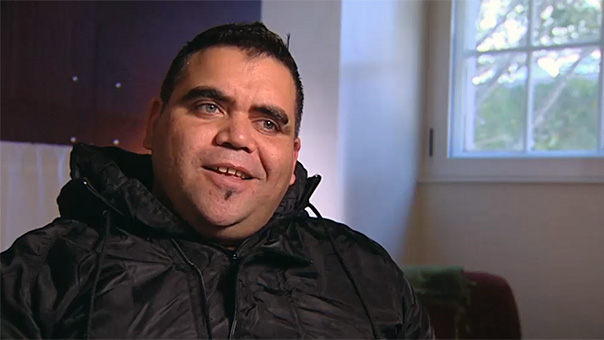
Viewing guide
Revise one of your poems until you are ready to present it to an audience for feedback. Your poem should not be finalised so that you can incorporate feedback in at least one more revision.
Remember that for many poets, writers, artists and musicians their work is never truly finished and they will always be revising their ideas.
-
Think about how you will present your poem to an audience.
-
You could choose to:
-
recite your poem like Samuel does, using your voice to add tone and significance to the words
-
illustrate the poem with a series of pictures or photographs, presenting it as a video or a slideshow
-
record your poem as a rap, with or without visuals.
-
-
Be a respectful audience when listening to your peers.
-
Use a structure for giving feedback that is constructive and provides both positive feedback and suggestions for improvement.
-
Remember that the aim is for everyone to make progress in their writing.
-
Find a way to record your feedback so that you can look over it later, you could take notes as people talk or ask a friend to help you out.
-
Take as much notice of the positive feedback as you do the criticism. If different people have different responses to a word choice or use of imagery then you might not want to make changes. If your audience was conflicted or had very different views then maybe your words are doing what you want.
-
Try not to take suggestions personally. Focus on improving your work by taking suggestions on board. Have a look at this advice on handling feedback.
This exercise is designed to get students to practise presenting their own work, reviewing others and then revising their work based on constructive feedback. If the presentation is an assessable task then students should be given additional time to work on their presentation.
Alternatively you could make the assessable aspect of this task be the provision of constructive and valuable feedback and the revision of their work. Giving students a meaningful outcome for the provision of high quality feedback will encourage them to focus on acquiring these skills.
Depending on the skill and experience of the class it could be valuable to precede this lesson with one focused solely on the provision of peer feedback.
Explicitly teaching feedback strategies
-
assessment for learning article – ‘Strategies to enhance peer feedback’
-
readwritethink strategy guide – ‘Peer review’
-
readwritethink strategy guide – ‘Using Partner Talk to Strengthen Student Collaboration and Understanding’
-
For an illustration of the importance of constructive criticism and drafting watch this video about Austin’s butterfly.
Syllabus outcomes
-
thinks imaginatively, creatively, interpretively and critically about information and increasingly complex ideas and arguments to respond to and compose texts in a range of contexts (EN5-5C)
-
investigates the relationships between and among texts (EN5-6C)
-
understands and evaluates the diverse ways texts can represent personal and public worlds (EN5-7D)
-
questions, challenges and evaluates cultural assumptions in texts and their effects on meaning (EN5-8D).
Samuel Wagan Watson: I'm about to read a piece that was one of the first pieces that was picked up by the literary magazines and it's a poem about my childhood in the seventies in Brisbane. And it was the poem that I almost based an entire career on and it's called 'The Crooked Men'.
-
my dad straightened out the crooked men
-
in the old laundry shed
-
above the fishing gear and jars of nuts and bolts
-
where on a rack
-
their naked, twisted forms did hang
-
from the neck
-
body hair like pine-needles
-
restrained by welded g-clamps
-
and steel-trap teeth
-
hydraulic arms and pullies
-
and a shiny drip-tray on the floor
-
to catch the expelled, blackened hate
-
Sometimes eight, sometimes ten
-
the crooked men
-
with faces like prunes
-
tattoos and scars
-
and tongues that could no longer work
-
but engulfed by obscenities
-
they leaked night and day
-
in that old laundry shed
-
and they were not grateful
-
or ungrateful
-
the crooked men
-
nor were they in debt to my father
-
and his amazing rack
-
in these days when their hate
-
would trickle through my backyard haven
-
drowning out the smells of Saturday afternoon
-
and freshly cut grass
-
the yap of the Labrador
-
and innocence lost
-
to the crooked men
